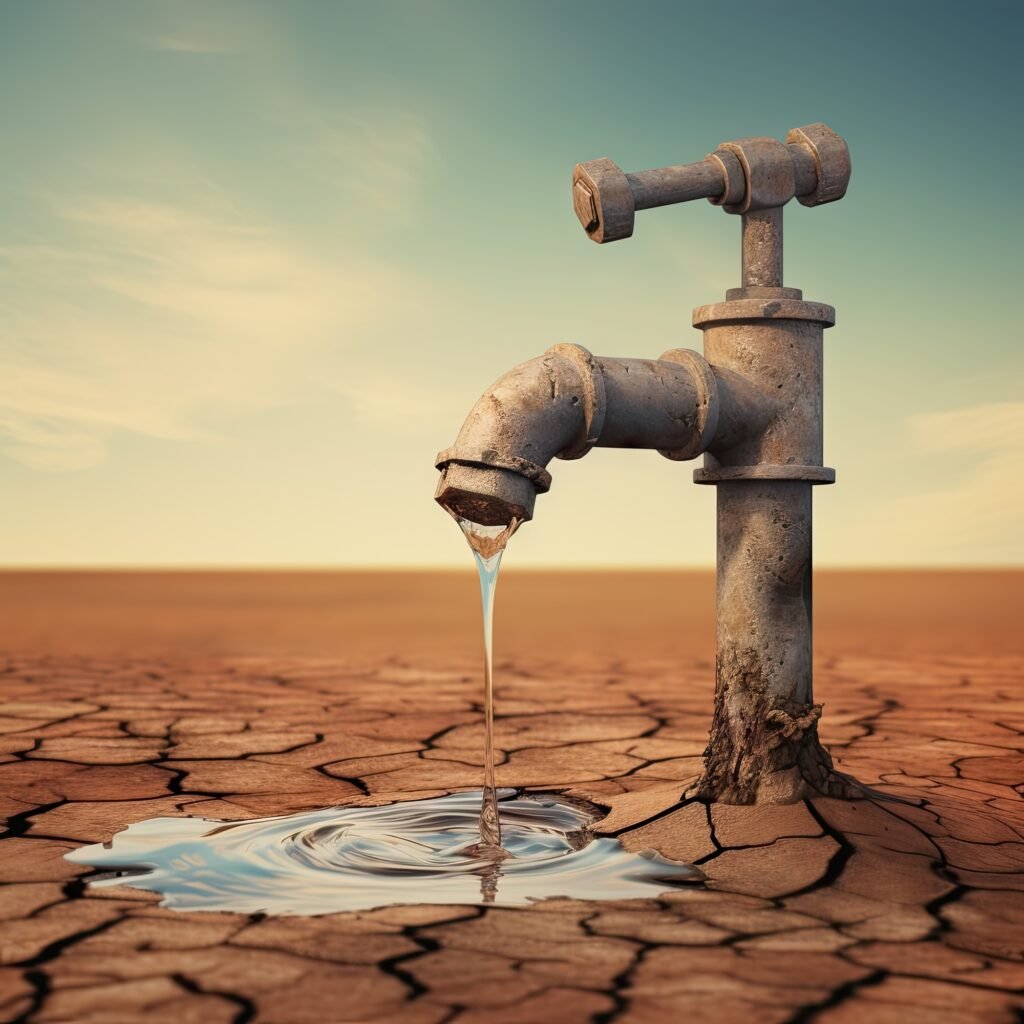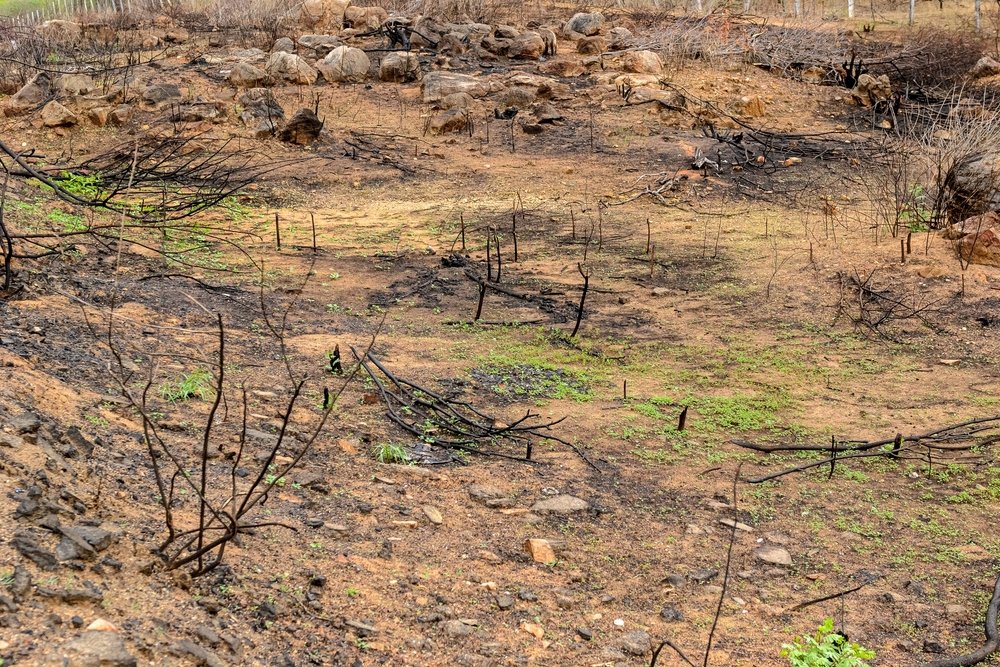LEADING THE WAY FARMERS WAY

In the 21st century, humanity faces a constellation of interconnected crises that threaten the stability of ecosystems, economies, and societies. Water scarcity, global warming, climate change, and hunger are not isolated issues but facets of a complex global challenge. Their interplay exacerbates vulnerabilities, demanding urgent, coordinated action. This article explores these critical issues, their interdependencies, and pathways toward sustainable solutions.
Water scarcity affects over 2 billion people globally, with projections suggesting that half the world’s population could face water stress by 2025. Drivers include over-extraction for agriculture (which consumes 70% of freshwater), pollution from industrial waste, and climate change altering precipitation patterns. Regions like the Middle East, India, and sub-Saharan Africa are particularly vulnerable. Cape Town’s 2018 “Day Zero” crisis—where taps nearly ran dry—illustrates the looming threat of urban water collapse.
Water scarcity is a growing global crisis with severe consequences for human health, food security, economies, and ecosystems. Addressing this challenge requires a combination of technological innovations, sustainable water management, policy reforms, and international cooperation. By taking proactive measures, societies can work toward securing a more resilient and water-sustainable future


Global warming, driven by greenhouse gas (GHG) emissions from fossil fuels, deforestation, and industrial processes, has raised Earth’s average temperature by 1.1°C since pre-industrial times. Consequences include melting polar ice (Antarctica losing 150 billion tons of ice annually), rising sea levels displacing coastal communities, and intensified heatwaves. The 2023 European heatwave, exceeding 40°C, underscores escalating risks.
Global warming is a major threat to food security, with far-reaching consequences for agriculture, economies, and human well-being. Addressing these challenges requires coordinated global efforts, sustainable farming innovations, and climate adaptation strategies. By implementing proactive measures, societies can mitigate risks and ensure a stable food supply for future generations.
The looming threat of food shortages demands urgent global attention. Climate change, population growth, and resource depletion are straining agricultural systems, making food security an increasingly complex challenge. Without decisive action, the world faces escalating hunger, economic instability, and social unrest. However, by embracing sustainable agriculture, improving resource management, and fostering international cooperation, we can build resilient food systems capable of feeding future generations. Governments, industries, and individuals must collaborate to implement proactive policies and technological innovations that ensure long-term food sustainability. The time to act is now to secure a future where food is accessible, affordable, and abundant for all.


Deforestation and land degradation pose severe threats to global ecosystems, agriculture, and climate stability. The destruction of forests leads to biodiversity loss, disrupted water cycles, and increased greenhouse gas emissions. Additionally, degraded land reduces food production and displaces communities. Addressing these challenges requires sustainable land management, reforestation, and conservation policies. Governments, industries, and individuals must work together to restore forests, promote responsible land use, and adopt eco-friendly practices to ensure a sustainable future.
Food shortages and resource depletion have severe economic consequences, leading to rising prices, inflation, job losses, and global trade disruptions. Poorer nations suffer the most due to limited resources for adaptation. Additionally, malnutrition weakens workforce productivity, slowing economic growth. Addressing these challenges requires strategic investments in sustainable agriculture, technological innovation, and global cooperation to ensure economic stability and food security for future generations.


Corporate Office Location:
Executive Complex,
Office #14, Second Floor,
G-8 Markaz,
Islamabad 46000, Pakistan
Office: +92-51-234-0333
Cell No: +92-321-556-0018
Mob/WA: +92-311-401-6609
Email: info@farmersway.com.pk
©2026 Farmers Way (Pvt) Ltd.